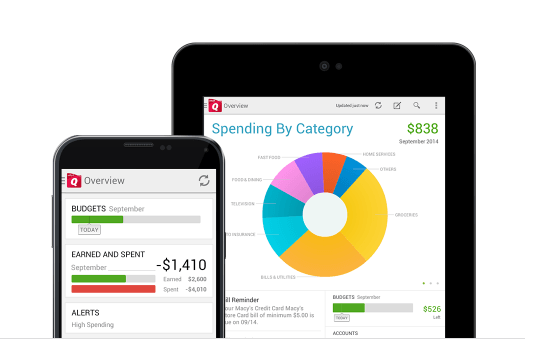
But if you want to put 3.5% down instead of coming up with a 10% down payment, you’ll need a middle credit score of at least 580.Īlso, just because the Federal Housing Administration lets lenders issue FHA loans to borrowers with a 500 FICO Score doesn’t mean all lenders are comfortable doing so. FHA loanįHA loans technically require a minimum FICO Score of 500. Non-conforming conventional loans are the most risky. So, lenders can’t sell these mortgages to the Government Sponsored Enterprises or GSEs.īecause conventional loans do not have the backing of the government, they can be riskier for mortgage lenders. Non-conforming loans do not meet the lending guidelines of Fannie Mae and Freddie Mac.Conforming loans meet the financing criteria of Fannie Mae and Freddie Mac, two government-sponsored entities that purchase mortgages from lenders.There are two types of conventional loans: There’s no government agency in the background, like the Federal Housing Administration or the Veterans Administration, that guarantees the loan. How conventional loans workĬonventional loans are issued by private lenders, like banks or credit unions. So, in general, at least two of your credit scores need to reach that 620 threshold to qualify for a conventional loan. But most lenders want your “middle credit score” to be 620 or higher. Keep in mind that when you apply for a mortgage, the lender will check all three of your credit reports and associated scores from Equifax, TransUnion, and Experian.Īll three of your scores usually don’t need to be 620 to qualify for a conventional loan. Conventional loanĪ conventional loan requires a minimum FICO® Score of 620. Here are the minimum credit scores you typically need to surpass when you fill out a mortgage application. Better credit can put you in a better position when you seek financing. There are also strategies you can use to improve your credit. If your credit score does not meet the minimum requirement for a specific type of mortgage, there may still be a chance that you can qualify for a loan. Yet you should keep the following in mind as you go through the details below. And the type of mortgage you apply for can also affect the minimum credit score you’ll need to qualify. *With jumbo loans, the loan size can influence the minimum credit score a lender requires.Ĭredit score requirements vary from lender to lender. What is the minimum credit score needed to buy a house? Typical Minimum FICO® Score Per Loan Typeĥ80 (With flexibility in some situations) What to do if your credit score is lower than 580.Ways to increase your credit score before a home purchase.How a higher credit score could impact your mortgage loan.The minimum credit score you need for different types of home loans.Lower credit scores typically result in higher interest rates and a harder time qualifying for a mortgage, but you may still have some options. However, low credit doesn’t necessarily mean you can’t buy a house. Beyond merely qualifying, your credit score can also have a meaningful influence on your APR, monthly payment amount, and the overall interest you pay on your loan. You can earn a decent income and save a sizable down payment, but your credit score could still make or break your chances of buying a house.

If your credit score is too low, you might have a hard time convincing a lender to take a chance on you. In other words, your credit tells lenders whether loaning you money is a good investment.ĭepending upon the type of loan, mortgage lenders will often require you to have a minimum credit score to qualify for financing. By reviewing your credit information (including your three credit reports and scores), a lender can estimate your creditworthiness.

When you are ready to borrow money to purchase a home, a lender will examine your credit to see if you qualify for a mortgage.


 0 kommentar(er)
0 kommentar(er)
